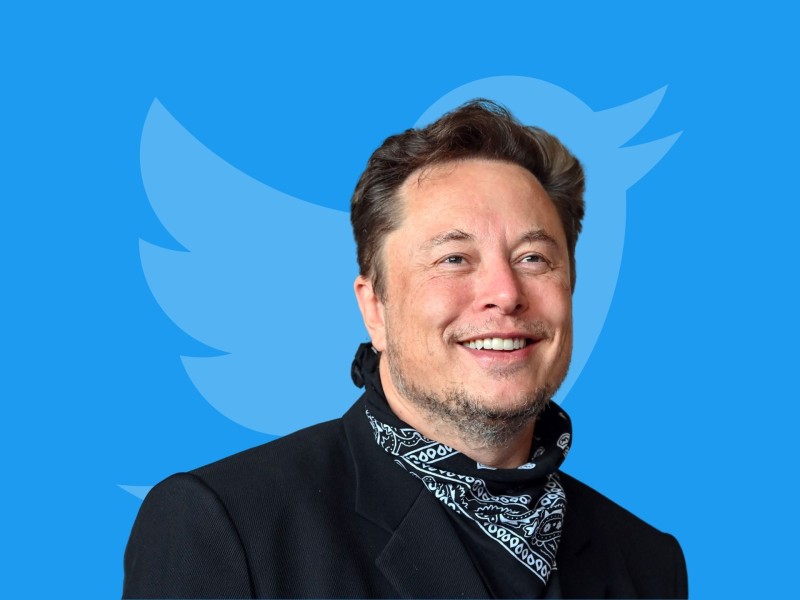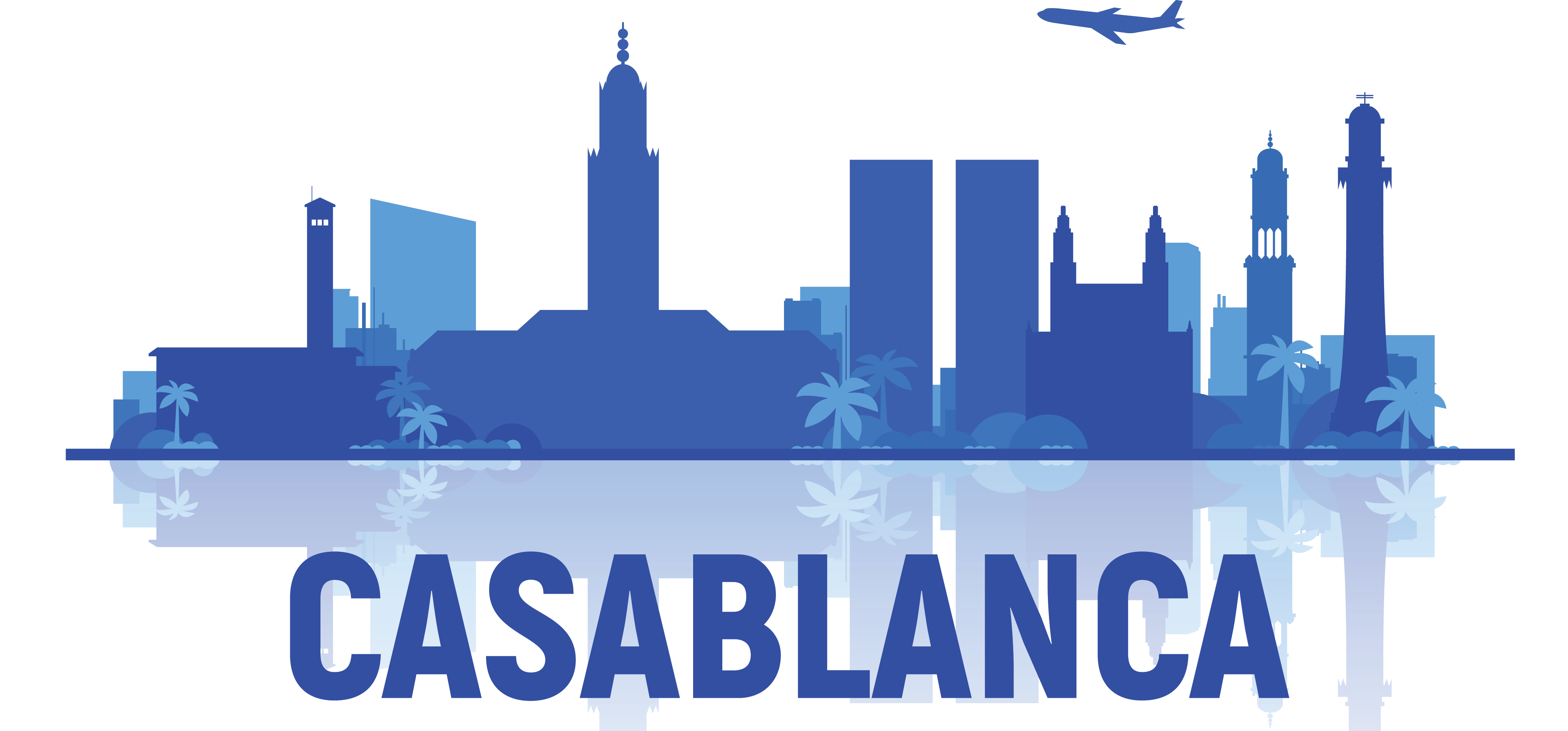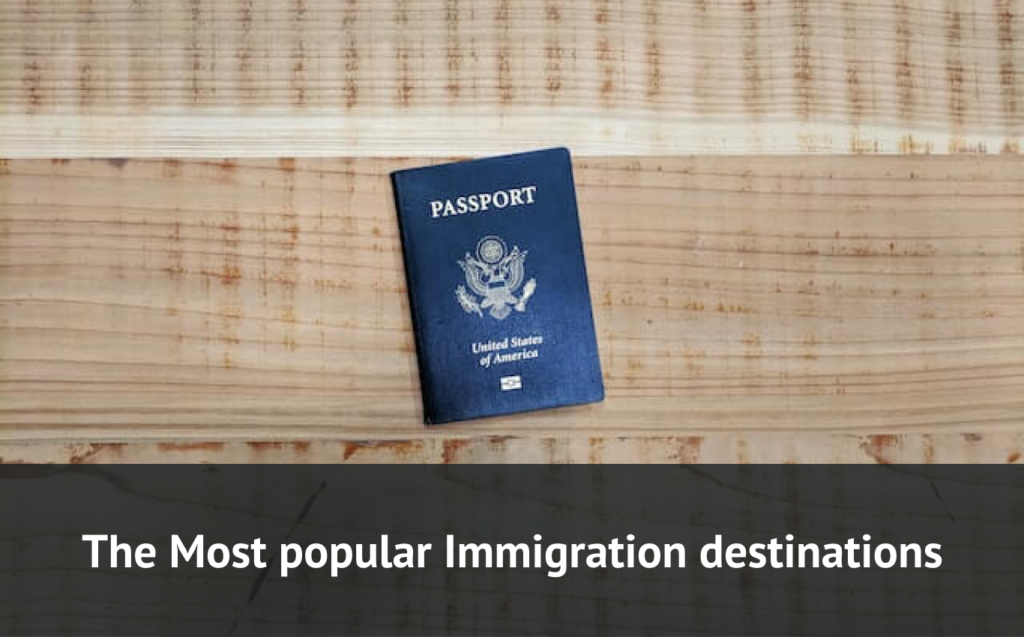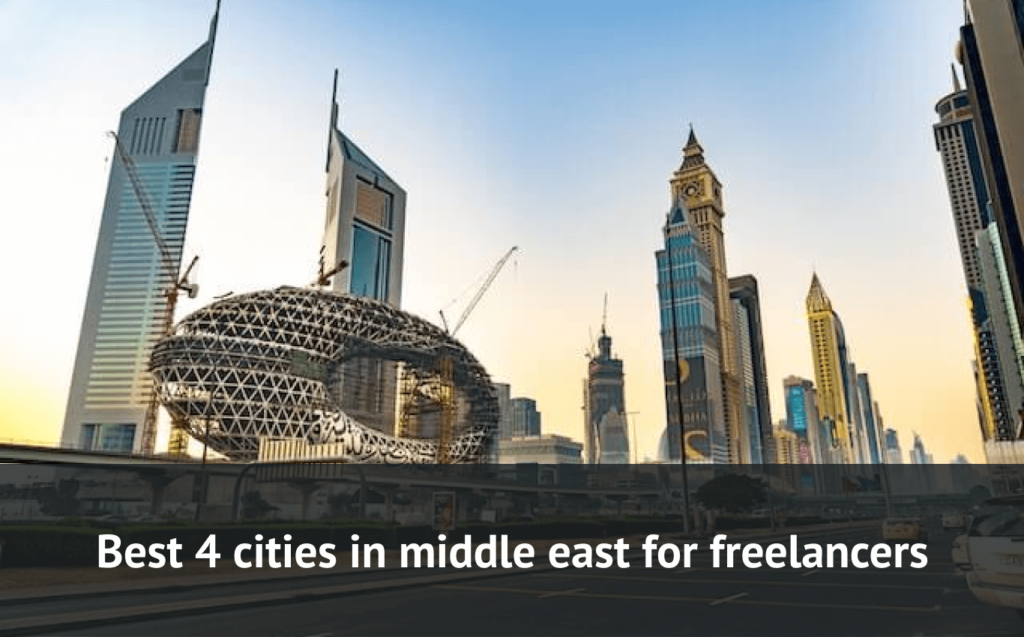 POSTES INTERNATIONALES DU MAROC
POSTES INTERNATIONALES DU MAROC
Elon Musk, Twitter and Free Speech
By Ezzoubeir Jabrane
We all have heard of Elon Musk’s acquisition of 9.2 percent of Twitter, making him the largest shareholder. Following this shocking move (not really if you know Elon Musk) that he had been covertly working on since the beginning of the current year, the world’s richest man made a series of unforeseen turns that made public opinion globally quite interested in how the story will unfold. First, he renounced Twitter’s offer to join the social media board, and then offered to buy it at a whopping US 43 billion … cash !
Elon said during an interview with head of TED Chris Anderson that he seeks to correct the social media website’s censorship algorithm so that it is less selective and more transparent, stating that protecting freedom of speech is his ultimate intent for his intended this move. “I think it’s very important for there to be an inclusive arena for free speech. Twitter has become the defacto town square. It’s really important that people have both the reality and the perception that they are able to speak freely within the bounds of the law,” said Elon Musk.
Elon’s critics have warned that behind this feat of altruism lies a billionaire’s latent desire to own and manipulate a platform with unbelievable power to shape public opinion. However, many public figures in the US across the political spectrum, including former CEO and co-founder Jack Dorsey, have expressed support for Musk’s position, and a heated debate about the extent to which Twitter should have the right restrict freedom of speech has resurfaced.
The First Amendment in the Physical and Digital Worlds
The First Amendment of the United States Constitution guarantees freedom of speech and press to every American. It’s one of the most cherished rights of Americans. It sets the foundations of a free society where people can challenge the status quo and express their views, without fear of repercussions. For example, the First Amendment protects the right of protesters to demonstrate peacefully without government hindrance, and the government cannot prosecute them for expressing their thoughts on issues.
It’s no surprise then that freedom of speech is equally important in the digital realm. Social media has become a powerful tool that allows people to express their views and communicate with others without restrictions. This is why the First Amendment applies to the Internet with the same fervour that it does to the physical world. Although the freedom to speak freely is deeply entwined in the digital world, it poses unique challenges. The social and cultural norms are different, and fake news, cyberbullying, and trolling are rampant. The government is also more inclined to restrict speech, as the anonymity of digital communications makes it relatively easy to spread offensive, discriminatory or violent messages. Therefore, the protection of freedom of speech is even more critical in the digital realm.
Twitter and the mother of all Western Values
The reason why the West the US, more importantly, hold freedom of speech sacred is not because it’s a value they cherish but because of the strong belief that the continuity and evolution of its civilization is simply not possible without it. It’s not just another right that the members of the society should enjoy, such as employment for example, but a foundation on which lies the entire civilization. If someone is denied the right to criticize the way things are run by the government for instance, the entire country is denied a chance to self-reflect, correct and thereby evolve. It is a correction mechanism that any attempt at restricting will represent an existential threat for the entire civilization.
In this belief, whether the person expressing their views is wrong or right, is of no relevance, as long as they don’t incite violence against another person or restrict their freedom of speech. In this vein, Elon Musk said during the aforementioned interview that “a good sign as to whether there is free speech is: Is someone you don’t like allowed to say something you don’t like? If that is the case, then we have free speech.” For Elon, the way things are run at Twitter do not reflect how things should normally go as no one, individual or organization, should be entitled to restrict, censor, or edit people’s expression. Also, Elon is not the only one to think this. According to poll that he ran on platform, where a little over 2 million Twitter users took part, 70.4 percent said they didn’t believe Twitter rigorously adhere to the principle of free speech.
Twitter banned the former US president, Donald Trump, following the infamous Capitol insurrection in January 2021 and says that it will uphold the ban even if he runs for office in 2024 and gets elected. It suspended accounts of Quds News Network, a prominent independent Palestinian news website as well as a numerous posts reporting Israeli violations of human rights against the Palestinians. Most recently, it limited the reach of the Russian government and banned over 100 accounts that expressed support for Vladimir Putin following the invasion of Ukraine. If you think all these were good decisions, how do you know you will always be on Twitter’s side ?
“What should be done, then?” you might ask. Elon suggests setting up a transparent, traceable system to moderate content. “One of the things I believe Twitter should do is open source the algorithm and make any changes to people’s tweets — you know, if they’re emphasized or de-emphasized — that action should be made apparent so anyone can see that action’s been taken,” He said, adding “so there is not sort of behind the scene manipulation either algorithmically or manually.”
Regardless of whether or not Elon Musk will be able to completely own Twitter, he succeeded in bringing forward an issue of paramount importance in the West to the fore. A heated discussion about who can restrict others’ freedom of speech, under what circumstances and to what extent is now taking place in the US, and across the world. It is noteworthy that this is not a debate between right and left but a mix of these is on both sides of the table. Hopefully, more updated conceptions of free speech will be born out of this, which the West today is in desperate need of.






